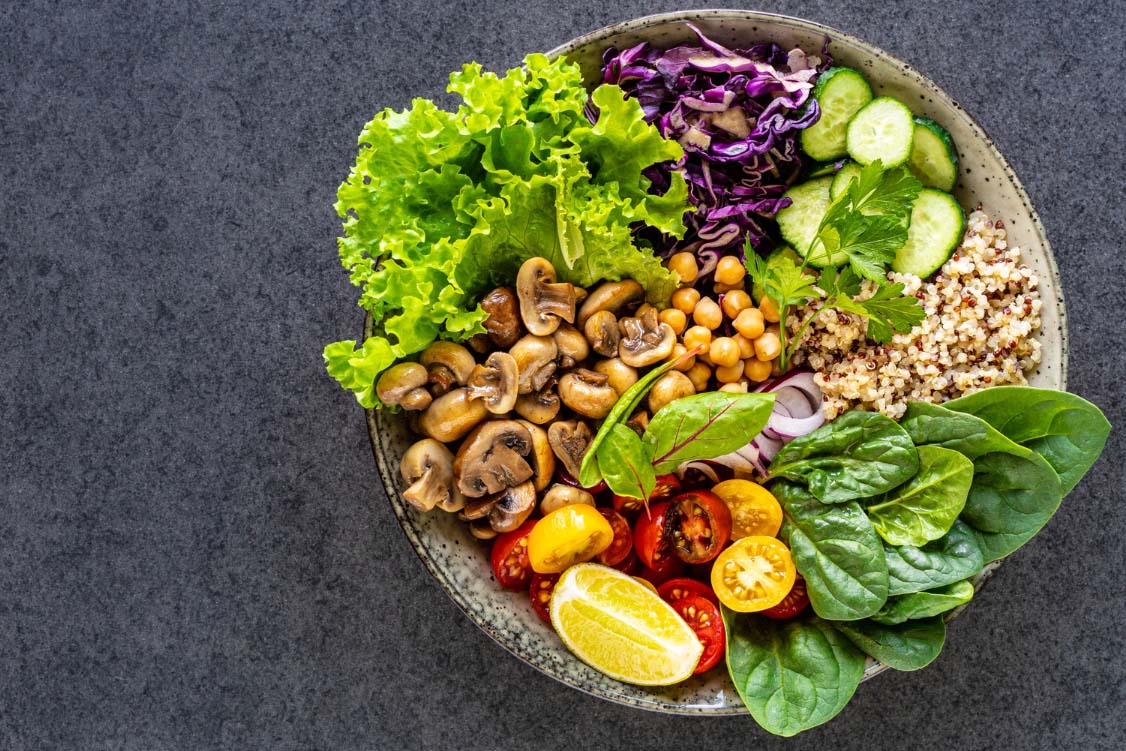
MD, ScD, Professor Dušan Vešović is on LinkedIn

- A new study finds that especially for men, a healthy plant-based diet may significantly reduce their risk for colorectal cancer.
- The study found that the same trend was not seen in women, although they said women may have had a healthier diet at baseline.
A plant-based diet could have a significant impact on preventing colorectal cancer. Those are the findings from a study published in BMC Medicine that was conducted by a team of researchers from the United States and South Korea.
What the study found?
The study involved 173,427 participants who were from a variety of ethnic groups. Results, which came after an average follow-up time of just over 19 years, found that men who followed a healthy plant-based diet had lower rates of colorectal cancer.
Women included in the study did not see the same benefit.
In total, 4,976 participants were found to have colorectal cancer. Further analysis split participants into a number of subgroups, including those who smoked and who consumed alcohol, as well as by race and ethnicity to identify any additional patterns.
The team found that men who ate the most healthy plant-based foods had a 22% decreased risk of developing colorectal cancer.
Poor diets increased the risk of cancer that was found in the rectum rather than either side of the colon.
Mona S. Jhaveri, PhD., founder and director of Music Beats Cancer, says that “I think, in this study, what excites me the most is that it’s actually a method of [prevention,]” Jhaveri said. “And what I see in my world, in the biotech world. Is: we focus a lot on cures and treatments. And what the public really, in my opinion seeks are ways to prevent cancer or screen for it.”
Assistant clinical professor of in the department of nutrition and exercise physiology at Washington State University, Lisa Heneghen (MPH, RDN, CSO, CNSC), told Healthline that being able to assess the quality of plant-based foods was key as not all plant-based diets are healthy.
“We can say, ‘Eat this type of dietary pattern,’ but the way people interpret it or implement it can mean a lot of different things,” Heneghen said. Consuming “the more whole version of that plant food and the more pure version of that plant foods, so not processed, actually showed a reduced risk of colorectal cancer incidents, which is pretty interesting.”